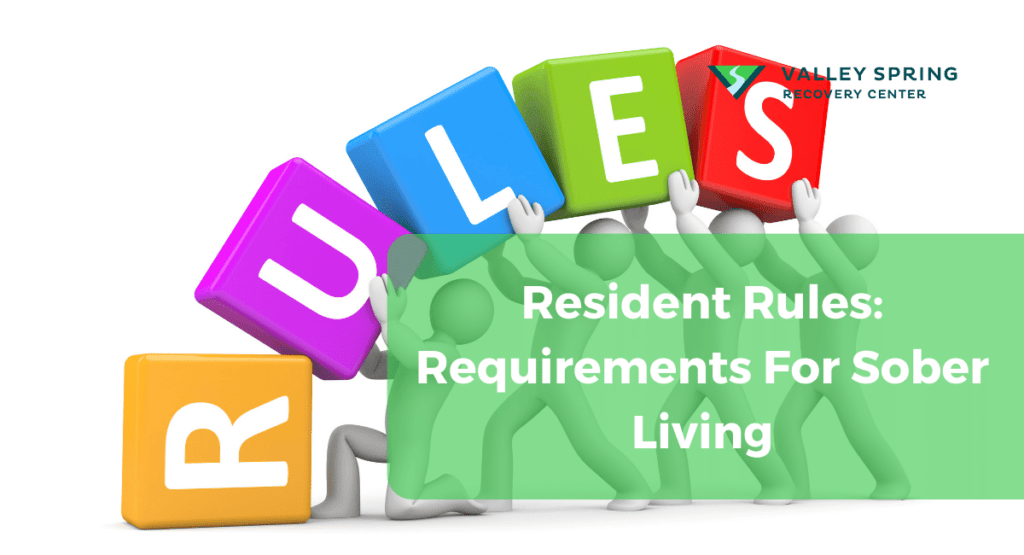Addressing Trauma Within The Context Of Addiction Treatment
At Valley Spring Recovery Center in New Jersey, we recognize the intricate relationship between trauma and addiction. For many, substance use has been a way to cope with profound emotional pain and traumatic experiences. Addressing trauma is, therefore, not just an adjunct, but a core component of our addiction treatment strategy. Our specialized trauma therapy services are designed to aid patients in processing traumatic experiences and embarking on a journey of emotional healing.
The Link Between Trauma and Addiction
Traumatic experiences, whether they occur in childhood or adulthood, can leave deep emotional scars. Without the right support and coping mechanisms, many turn to substances as a way to numb the pain or regain a semblance of control. At Valley Spring, we understand that to treat addiction effectively, the underlying trauma needs to be addressed.
Our Trauma Therapy Approaches
1. Eye Movement Desensitization and Reprocessing (EMDR)
EMDR is an innovative therapeutic approach that facilitates the processing of traumatic memories. By using bilateral stimulation, usually in the form of guided eye movements, EMDR helps patients desensitize distressing memories, replacing them with more positive or neutral beliefs about themselves.
2. Trauma-Focused Cognitive Behavioral Therapy
This approach is grounded in cognitive-behavioral techniques and is tailor-made for individuals who have experienced trauma. Through a series of structured therapy sessions, patients learn to understand and change their thought patterns and reactions related to traumatic experiences.
Benefits of Trauma Therapy in Addiction Treatment
- Holistic Healing: Addressing trauma ensures that the root cause of addiction is tackled, offering a more comprehensive healing process.
- Developing Healthy Coping Strategies: Patients learn to handle triggers and stress without resorting to substance use.
- Empowerment and Resilience: As patients process traumatic events, they reclaim their power, fostering resilience and reducing the impact of past trauma on their current and future well-being.
- Enhanced Self-awareness: Through therapy, patients gain insights into their behaviors and reactions, enabling them to make positive changes in various facets of their lives.
What to Expect in Trauma-Informed Therapy at Valley Spring Recovery Center
Trauma, whether experienced in childhood or later in life, has a profound effect on our mental, emotional, and physical well-being. It can shape our responses, behaviors, and even our perceptions of the world around us. During the course of our addiction treatment programs, we integrate trauma-informed therapy into our treatment approach, understanding its crucial role in the healing process, especially for those battling addiction. If you or a loved one is considering trauma-informed therapy, here’s a glimpse into what to expect.
The Foundation: Safety and Trust
Our first priority is establishing a safe, supportive, and confidential environment. Trauma therapy delves deep into emotional wounds, and it’s vital for patients to feel safe and supported. Our therapists are trained to build a trusting relationship, ensuring you always feel heard, respected, and validated.
Evidence-Based Treatments
1. Eye Movement Desensitization and Reprocessing (EMDR)
EMDR is a cornerstone of our trauma-informed therapy. It’s an evidence-based approach, specifically designed to help individuals process and come to terms with traumatic experiences.
What to Expect in EMDR:
- Structured Sessions: EMDR follows a structured eight-phase approach, guiding you from history-taking to the eventual integration of positive beliefs.
- Bilateral Stimulation: Using guided eye movements or other forms of bilateral stimulation, EMDR helps in processing traumatic memories.
- Emotional Processing: During the session, you’ll be guided to revisit traumatic memories in a safe environment, allowing you to process and desensitize these memories, and ultimately, replace negative beliefs with positive ones.
Psychoeducation
A crucial component of trauma-informed therapy is understanding trauma and its impact on the mind and body. Our therapists will provide insights into the nature of trauma, how it affects our nervous system, and coping mechanisms that can be employed outside therapy sessions.
Skill Development
Beyond just processing traumatic events, our approach is holistic. We focus on imparting skills such as emotional regulation, distress tolerance, and interpersonal effectiveness. These skills will not only help you manage trauma-related symptoms but also enhance your overall well-being and relationships.
Integration
As therapy progresses, there will be a shift from merely processing trauma to integrating the positive beliefs and skills learned into everyday life. This stage is empowering and marks a significant step in the journey towards healing and recovery.
Regular Assessments
To ensure that the therapy is effective and tailored to your needs, regular assessments will be conducted. These evaluations help in tracking progress and modifying the approach if necessary.
Who Can Benefit from Trauma Therapy?
When it comes to the intricate web of addiction and trauma, the connection is undeniable. The experiences and pain from traumatic events often pave the path to substance abuse, as individuals attempt to cope or numb their feelings. At Valley Spring Recovery Center, we recognize this intertwined relationship and emphasize the significance of addressing both issues simultaneously. But who exactly stands to gain from trauma therapy in the realm of addiction treatment? Let’s delve deeper.
1. Individuals with Co-occurring Disorders
Many individuals with substance use disorders also grapple with mental health issues, such as depression, anxiety, or post-traumatic stress disorder (PTSD). For those facing co-occurring disorders, addressing trauma can be paramount in ensuring comprehensive healing and reducing the risk of relapse.
2. Survivors of Childhood Trauma
Childhood traumas, be it physical, emotional, or sexual abuse, often cast long shadows into adulthood. For many, substance abuse becomes a maladaptive coping mechanism. Trauma therapy can unravel and address these deep-rooted issues, enabling survivors to build healthier coping strategies.
3. Those with Unresolved Grief or Loss
The profound pain of losing a loved one, especially in sudden or traumatic circumstances, can lead individuals down the path of addiction. Trauma therapy provides a structured space to process this grief and develop resilience against substance dependency.
4. Individuals with Trauma-Induced Substance Abuse
Some turn to substances post a traumatic event, like an accident, assault, or natural disaster. For them, the drug or alcohol serves as a temporary escape from the haunting memories. Addressing the root traumatic experience in therapy can often curtail the dependency.
5. Victims of Recent Traumatic Events
Even if one had a healthy coping mechanism before, recent traumatic events might push them towards substance use. Early intervention through trauma therapy can prevent the onset or escalation of addiction.
6. Those Who Feel Stuck in Recovery
For some, traditional addiction treatments might not yield the desired outcomes. If unresolved trauma is the underlying cause, trauma therapy can be the key to unlocking true recovery.
Valley Spring’s Commitment to Trauma-Informed Care
Every member of our team is trained in trauma-informed care. This means we approach every patient with an understanding of the impact of trauma, ensuring that our treatments are sensitive, respectful, and effective.
If you or a loved one is grappling with addiction and believes past trauma is playing a role, Valley Spring Recovery Center is here to help. Our compassionate team, equipped with proven trauma therapy techniques, is committed to guiding you toward a brighter, substance-free future. Don’t let the past define your future; take the first step toward healing today.
At Valley Springs Recovery Center, we take a hands-on approach so that past trauma doesn’t stand in the way of your well-being and future recovery. Embrace the opportunity to heal, grow, and thrive with peers who understand your journey. Join us and redefine your path to holistic wellness.




